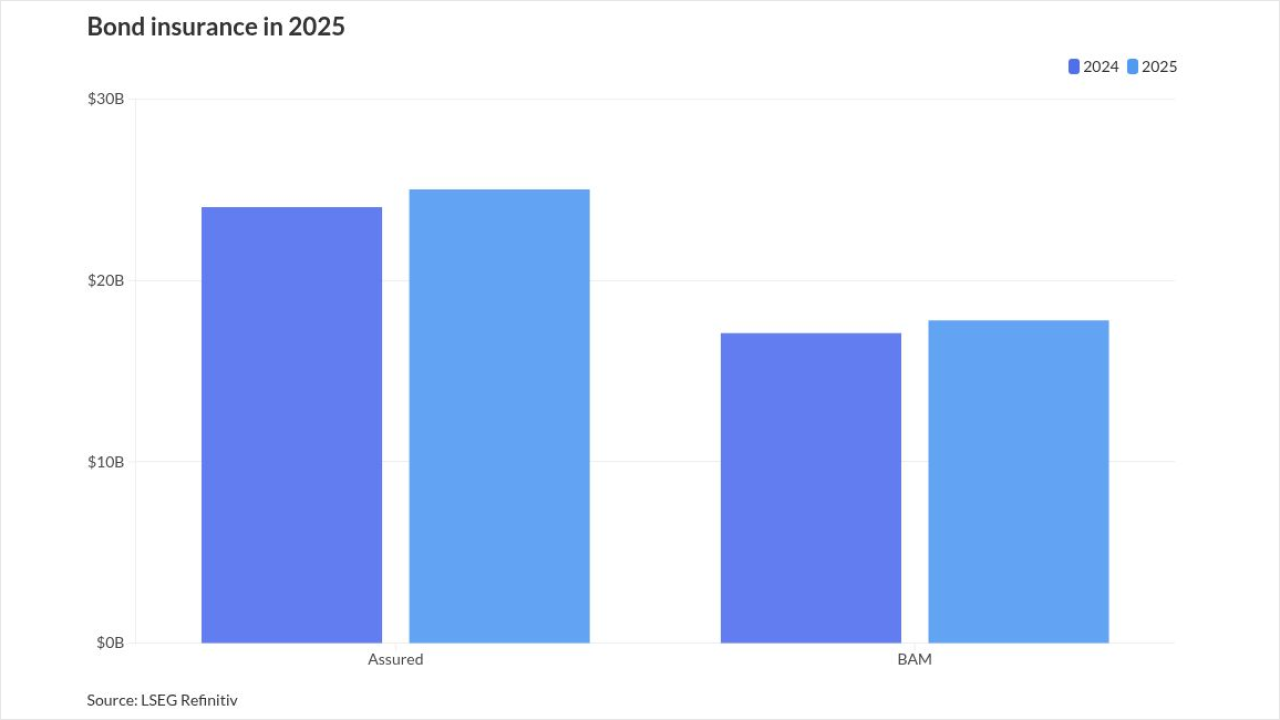Our engagements on the web are built around the collection of data – which used to be reserved for finance and data companies but has now expanded to nearly every industry.
Every time you see a relevant ad pop up intuitively while you surf the web, there’s likely a data scientist somewhere behind it. It’s a growing career field, and recent deficits have caused the salary for data scientists to skyrocket, with individuals being paid more than $100,000 a year for their skills.
Advancing in this field requires a combination of technical and intrapersonal expertise. Understanding your value as a data scientist and extending that ingenuity to various enterprises is the key.
Not every business has caught up to the technological storm yet, but they will. Data mining isn’t going away any time soon, which gives you the added benefit of knowing you’re going into a career that won’t fail you.
While there’s a high demand for those in this career field, that’s mostly because the skills required for the job are relatively new, and only those that can keep up with technology will find themselves in this position.
Why Every Company Needs a Data Scientist
Large enterprises and one-person operations alike understand that the key to success is marketing. Advertising your company on the web effectively involves collecting a certain amount and type of data on your customers. All websites rely on cookies to track what users are reading and buying. Every industry – from manufacturing to local medical offices

As a data scientist, it’s vital to understand what you can bring to an enterprise - whatever their business is, however big they are. An intelligently-designed data-collection campaign can reveal detailed demographics for a company’s customer base so that they set their marketing teams in the right direction. By wasting less time and money on random advertisements, institutions can expect a more significant ROI, happier clients and better branding.
Branding is vital for any company, and the more endorsements pop-up with a company’s name, the more likely an individual is to recognize the name and buy it. A data scientist can understand trends in the market, identify patterns, and suggest best practices. They are problem-solvers and analysts, so businesses across America rely on them to provide the best information. Of course, to be an asset a data scientist also has to understand the industry they’re working in.
Once considered a luxury, now businesses
Demand for These Roles is Skyrocketing
In 2015, there was a surplus of data scientists out in the field. In just three years, the need for these specialists is now at a whopping deficit.
Statistics from an
One of the reasons that the demand is so high is that so few individuals are graduating with any STEM degrees, much fewer ones in data science. With a variety of programs available to do this job, there’s a shortage of individuals who understand how to use and apply these applications.
Company
- 59 percent of jobs in the data science and analytics fields are still in finance, insurance, professional services, and IT.
- Within the above areas, analytics and data science account for 19 percent of all job openings
- Come 2020, the number of job listings for data scientists will grow from 364,000 (current) to 2,720,000
- The most lucrative (and therefore profitable) analytics skills to have are MapReduce, Apache Pig, Machine Learning, Apache Hive, and Apache Hadoop. Jobs that require this knowledge advertise paying over $115,000 per year.
- Not having a data scientist on your business team causes the most disruption to ongoing marketing strategies and product development campaigns.
- Data scientists are considered the most challenging role to fill in a group
- Reports from job sites say that these types of jobs stay on the market for about 45 days, which is longer than most of the jobs that pay the same rate
It’s not an easy position to reach, but once you do, you’ll have a well-paying career that can transcend industries. Only open to those with the right qualifications, know-how, and practical experience, data science, and analytics careers are bound to keep going in a variety of ways as more and more companies start to depend on this information.
Currently, many small companies
What are Employers Looking For?
The nature of the position requires a variety of skills, and the unfortunate truth is that many employers have little idea of what it takes for a data scientist to succeed in their company. Studies that have researched and ranked the
This wide variety makes it more difficult to land a position. Those that have the necessary tech skills don’t always have the communication and management techniques that companies are looking for, and vice versa.
Aside from a degree in analytics, statistics, computer science, or data science, applicants should stay versed in technologically advanced programs like:
- Python
- ‘R’
- SQL
- Hadoop
- Apache Spark
- Java and SAS
- Tableau
Those that have the necessary degrees and intrapersonal skillsets but don’t necessarily know the newest technology can always take specific classes, even on self-learning sites like Udemy and other instructional websites.
At the same time, there are reports of large companies
Companies keep a variety of data to better gear their marketing campaigns, develop new products, receive feedback on their customer service strategies, and measure their success against competing brands. Therefore, companies need an experienced data manager that can communicate findings effectively and make recommendations to each department head based on that data.
Those that can set themselves apart in the industry and go for the well-paying jobs have some knowledge of marketing and strategy. It’s not enough to have technical proficiency and a degree.
What Brands Can Do to Make Sure Their Data Scientists are Successful
Company structures differ, but based on the most successful models out there, any brand can configure their set up to make sure that their data analysis team can add value. Using data for better branding is new to a lot of businesses, and while many understand the benefits of this resource, they’re still not quite sure how to utilize it.
The first thing to do if you’re a business owner or manager is to set up a team leader for data analysis.
Once you have a single person in charge, you can work with that individual to lay out the company’s goals and aspirations, one by one. Then, that person can start to
After securing a plan and the right management, you’re able to attract more talent to your team. Administering a method of data collection will immediately point you in the right direction. Suddenly, you’ll have a better idea when it comes to the skills you’re looking to hire for. Rather than having data scientists guess at what can help your company, they can now look at your plan and offer specific points proposals and approaches.
Bottom Line for Data Scientists
All projected timelines show that data science and analytics is becoming
Most of the openings are in large cities, like San Francisco, New York, Silicon Valley, Dallas, Atlanta, and Philadelphia, so this job provides an excellent array of relocation options. Companies offer a hefty salary of positions of this type, even sometimes paying for moving costs and re-education classes for current employees that want to jump into this field.
If you’re deciding whether to go ahead with a degree in computer science or data analytics, you’re on the right track.
Data scientists and analysts will continue to be in demand throughout the world’s job market for the next several years, and those that can continue to keep with the technological advancements will have no problem receiving positions in a variety of companies for years to come.




